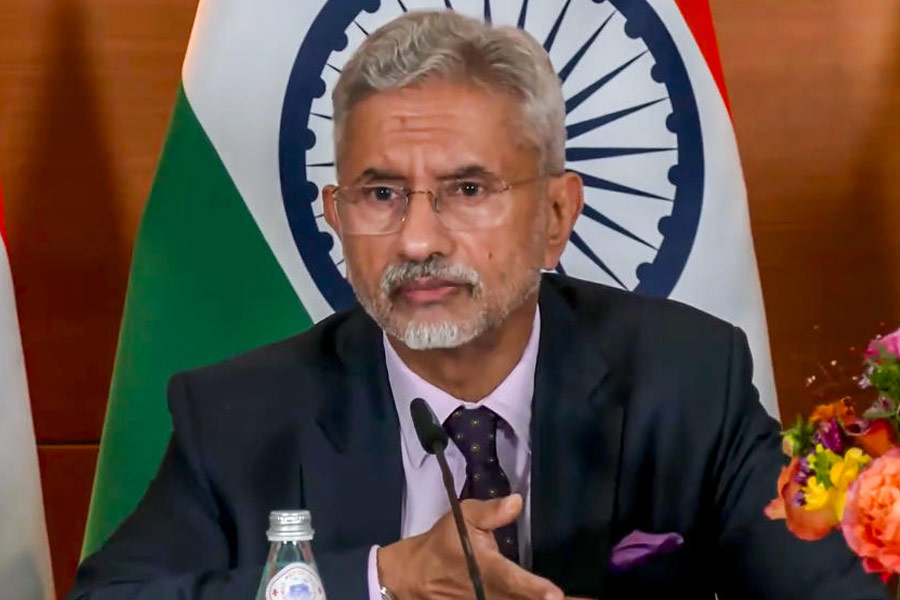At an Indian community event in Geneva earlier in September, S. Jaishankar was asked about his views on Western diplomats meeting Opposition leaders in Jammu and Kashmir ahead of the region’s ongoing elections. Jaishankar responded by saying that he had no issues with foreign diplomats commenting on India as long as they were ready to accept similar criticisms of their own countries from New Delhi.
Jaishankar has repeatedly criticised what New Delhi perceives as attempts at external interference in India’s domestic matters. He had described criticism by the United States of America, Germany and the United Nations of the arrest of Arvind Kejriwal, the then chief minister of Delhi, as reflecting “bad habits”.
There’s only one problem with that argument: India too has a track record of engaging with Opposition politicians in other countries and, increasingly under Prime Minister Narendra Modi, has been criticised for attempting to influence the domestic politics of other nations.
Sri Lanka elected a new president, the Marxist-leaning Anura Kumara Dissanayake, whose party and coalition have never been close to power before. Yet, in February, India invited Dissanayake, an Opposition leader at the time, to New Delhi, where he met Jaishankar, Ajit Doval, and other senior officials. Dissanayake was rising in the opinion polls, and if India’s aim was to build bridges with a candidate whose party, the Janatha Vimukthi Peramuna, has traditionally been antagonistic towards New Delhi and closer to Beijing, it was a smart move — time will tell whether it pays off.
In July, Jaishankar met Mauritian Opposition leaders during a visit to that country. And in August, he met the Maldives Opposition leader, Abdulla Shahid, in Malé. In February, the former British Opposition leader, Angela Rayner —now the deputy prime minister — had met Jaishankarin New Delhi. Indian diplomats in Nepal and Bhutan routinely meet Opposition leaders in those countries.
India’s engagement with the internal politics of countries in its neighbourhood is not new. The 1980s saw India intervene militarily in Sri Lanka, the Maldives, and — almost — in Mauritius. But amid mounting pushback and allegations that New Delhi was acting like a Big Brother in South Asia, successive Indian governments across party lines became more cautious about publicly appearing too interested in the domestic politics of neighbouring nations.
That pattern has been reversed under Modi and India’s sphere of influence — in the internal matters of other countries — has expanded. Nepal’s prime minister, K.P. Sharma Oli, said in 2021 said that in 2015, Jaishankar — when he was foreign secretary — had warned Nepal’s political parties against adopting a controversial new Constitution. When they went ahead and embraced the document, landlocked Nepal suffered a crushing blockade along its border with India.
In 2019, the Overseas Friends of the BJP, the international arm of India’s ruling party, campaigned against Labour Party candidates in the UK elections after Jeremy Corbyn criticised the revocation of Kashmir’s special status. In April this year, Canada accused India of attempting to interfere in its federal elections. And in the year leading up to the re-election bid of the former US president, Donald Trump, Modi held two joint rallies — one in Houston, Texas, the other in Ahmedabad — with the billionaire politician. Trump, who is contesting again this November, claimed last week that Modi would meet him during the latter’s recently-concluded US visit. That meeting did not happen but Trump’s claim suggests New Delhi is in communication with his campaign.
So perhaps it’s time to flip the argument Jaishankar made in Geneva. It’s fine for India to engage with the Opposition in other countries but New Delhi must stop being prickly about other nations interacting with its Opposition leaders.











